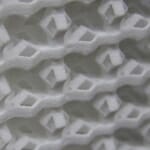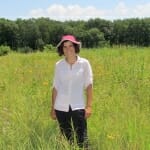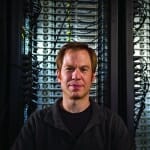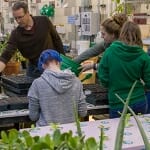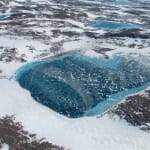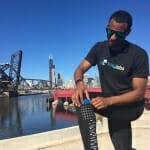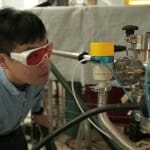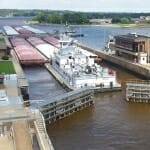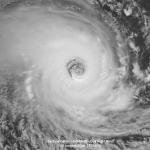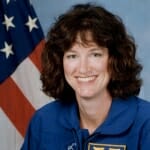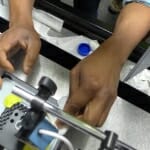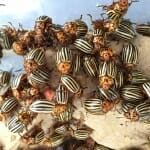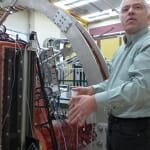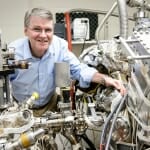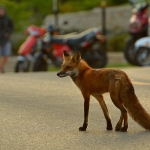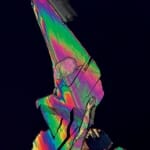Category Science & Technology
Green spaces in cities help control floods, store carbon
A new study finds that urban green spaces like backyards, city parks and golf courses contribute substantially to the ecological fabric of our cities — and the wider landscape — and should be included in ecological data. Read More
Forecasting antibiotic resistance with a ‘weather map’ of local data
To help physicians choose the best antibiotic first, researchers in the School of Pharmacy and the State Cartographer's Office are drawing inspiration from the weather. Read More
Pulling needles out of haystacks: With computation, researchers identify promising solid oxide fuel cell materials
Using advanced computational methods, UW–Madison materials scientists have discovered new materials that could bring widespread commercial use of solid oxide fuel cells closer to reality. Read More
Kohler, college of engineering to unveil Kohler visualization studio
In addition to donating $1 million to renovate the space, Kohler has committed ongoing involvement from its associates to ensure students gain an innovative mindset and technical knowledge. Read More
Chat tool simplifies tricky online privacy policies
A UW–Madison researcher has helped develop a unique online chatbot that can answer, in simple language, questions about specific privacy policies without requiring users themselves to weed through all of the fine print. Read More
UW startup’s invention featured at Paris fashion-tech show
The wearable system developed by Torq Labs is designed to help runners avoid injury by tracking leg movement with wireless sensors that transmit data to a smartphone app. Read More
Beyond silicon: researchers solve a materials mystery key to next-generation electronic devices
UW-Madison researchers have provided evidence of a hole gas coexisting with two-dimensional electron gas, a key discovery for oxide electronics. Read More
Researchers assess impact of lock failure on Upper Mississippi River freight
They say the cost to invest in maintaining the locks and dams should be weighed against the cost of seeing them fail and their cargo being diverted from the river onto highways. Read More
Remembering astronaut Laurel Clark, 15 years after Columbia tragedy
Clark, a UW–Madison graduate, was killed along with six other crew members when the space shuttle disintegrated upon re-entering Earth's atmosphere. Read More
From fungi to humans, ‘smart valves’ assist communication within, between cells
Trees. Fungi. Monkeys. Fish. Your aunt and uncle. Without fusion pores built of SNARE proteins, they can't exist. Read More
Stellar magnetism: What’s behind the most brilliant lights in the sky?
"The best picture yet of magnetic reconnection in space” offer insight into the role of magnetic reconnection in celestial explosions, eruptions and extraordinary emissions of energy. Read More
Family tree traces the history of UW’s chemistry department
The current chemistry faculty is linked to the founders of modern chemistry in a 200+ year-old "chemical genealogy" laid out in three posters in the Chemistry Building. Read More
Urban foxes and coyotes learn to set aside their differences and coexist
Diverging from centuries of established behavioral norms, red fox and coyote have gone against their wild instincts and learned to coexist in the urban environment of Madison and the University of Wisconsin–Madison campus. Read More
An Achilles heel discovered in viruses could fuel new antiviral approaches
Scientists at the Morgridge Institute for Research have discovered a promising new target to fight a class of viruses responsible for health threats such as Zika, polio, dengue, SARS and hepatitis C. Read More

